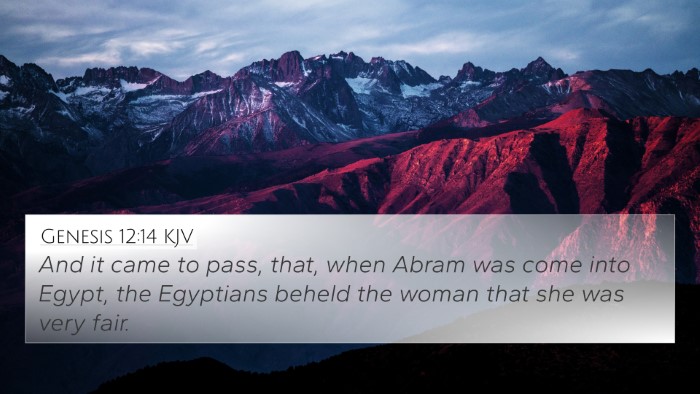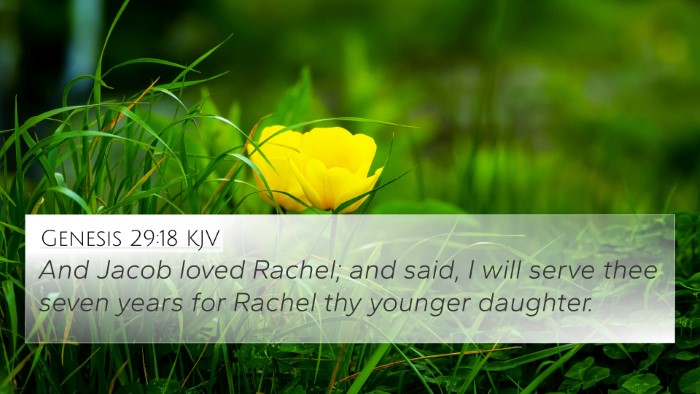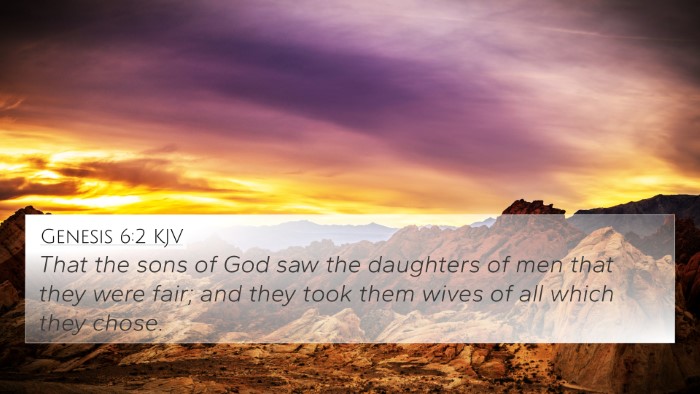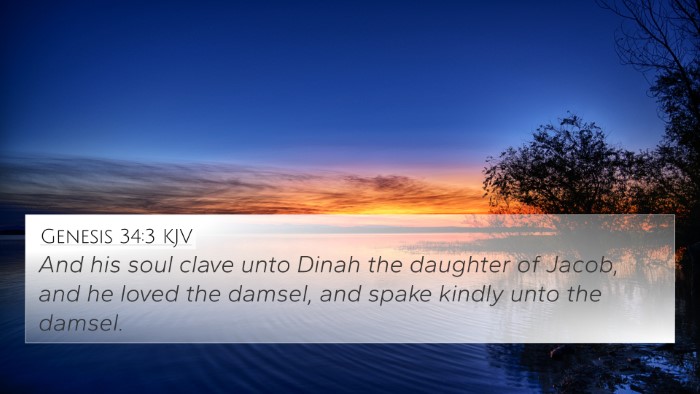Understanding Deuteronomy 21:11
Deuteronomy 21:11 provides specific instructions regarding the treatment of captives during wartime, particularly as it relates to female captives. This verse states:
"And see among the captives a beautiful woman, and desire her, and take her to be thy wife."
Summary of Meaning
This passage reflects the cultural context of ancient Israel and reveals important principles regarding marriage, consent, and treatment of individuals in the context of war. Commentary thoughts from notable scholars can help unravel the layers of meaning found within this verse.
Insights from Public Domain Commentaries
Matthew Henry's Commentary
Matthew Henry notes that this verse demonstrates God's concern for the treatment of women, even in difficult circumstances such as captivity. He emphasizes that the law serves to protect the rights and dignity of the woman, who is to be treated with respect and not as mere property. He stresses that this provision aims to honor the sanctity of marriage, and the process involves specific rituals for the woman to be integrated into the Israelite community.
Albert Barnes' Notes on the Bible
Albert Barnes expands on the idea of the beautiful woman being an object of desire, pointing out that the desire must lead to a lawful union and that the individual must take additional steps to ensure her welfare. He highlights that this norm contrasts with the often brutal realities of war, indicating that in the midst of conflict, God's laws are meant to provide a measure of compassion and justice.
Adam Clarke's Commentary
Adam Clarke provides insight into the cultural nuances of this law, discussing how this verse might have functioned to restrain the Israelites from arbitrary actions. He emphasizes the emphasis on the woman’s choice and her dignity throughout the process, as well as the significance of the rites of mourning that follow if the marriage proceeds, denoting respect for her previous family and circumstances.
Bible Cross-References
- Exodus 22:16-17: Addresses seduction and the necessity of marriage if a woman is seduced.
- Deuteronomy 22:13-21: Lays out protection for women falsely accused of unchastity.
- 1 Corinthians 7:36-38: Discusses principles on marriage and permission for fathers to marry their daughters.
- Leviticus 19:34: Calls on Israelites to treat foreigners with respect, reflecting the values behind this law.
- Ruth 1:16: Displays the heart of commitment and loyalty, which is echoed in the procedure outlined for captives.
- Genesis 24:67: Illustrates the importance of marriage as a sacred covenant.
- Ephesians 5:25: Emphasizes the love and care warranted in marital relationships.
Thematic Connections in Scripture
The themes of marriage, consent, and how to treat captives resonate throughout the Scriptures. Connecting Deuteronomy 21:11 with other passages enhances understanding of God's broader narrative on human relationships. For instance:
- Compassion: Throughout the Bible, God advocates for compassion towards the oppressed, as seen in Matthew 25:44-46.
- Marriage as Covenant: God's design for marriage as outlined in Genesis 2:24 reinforces the importance of commitment.
- Respecting Others: Verses such as Philippians 2:3 call for respect and valuing others above oneself, aligning with the treatment of captives.
Tools for Bible Cross-Referencing
For those wishing to dive deeper into the connections made in Scripture, several tools and methods can assist:
- Bible Concordance: A comprehensive alphabetical listing of words and phrases found in the Bible.
- Bible Cross-Reference Guide: Guides that help explore thematic connections between verses.
- Cross-Reference Bible Study: Engaging in studies that highlight relationships between texts can yield profound insights.
- Bible Reference Resources: Utilizing resources like commentaries and study Bibles can enhance understanding.
Conclusion
Deuteronomy 21:11 serves as a distinctive testament to God's laws reflecting compassion and morality even in challenging situations. By examining this verse through various commentaries and cross-references, readers can glean valuable insights into God's heart and the spirit of the law. The connections between scriptures reveal a coherent narrative that emphasizes the dignity of all individuals, the sanctity of marriage, and the necessity of compassion even amidst conflict.












